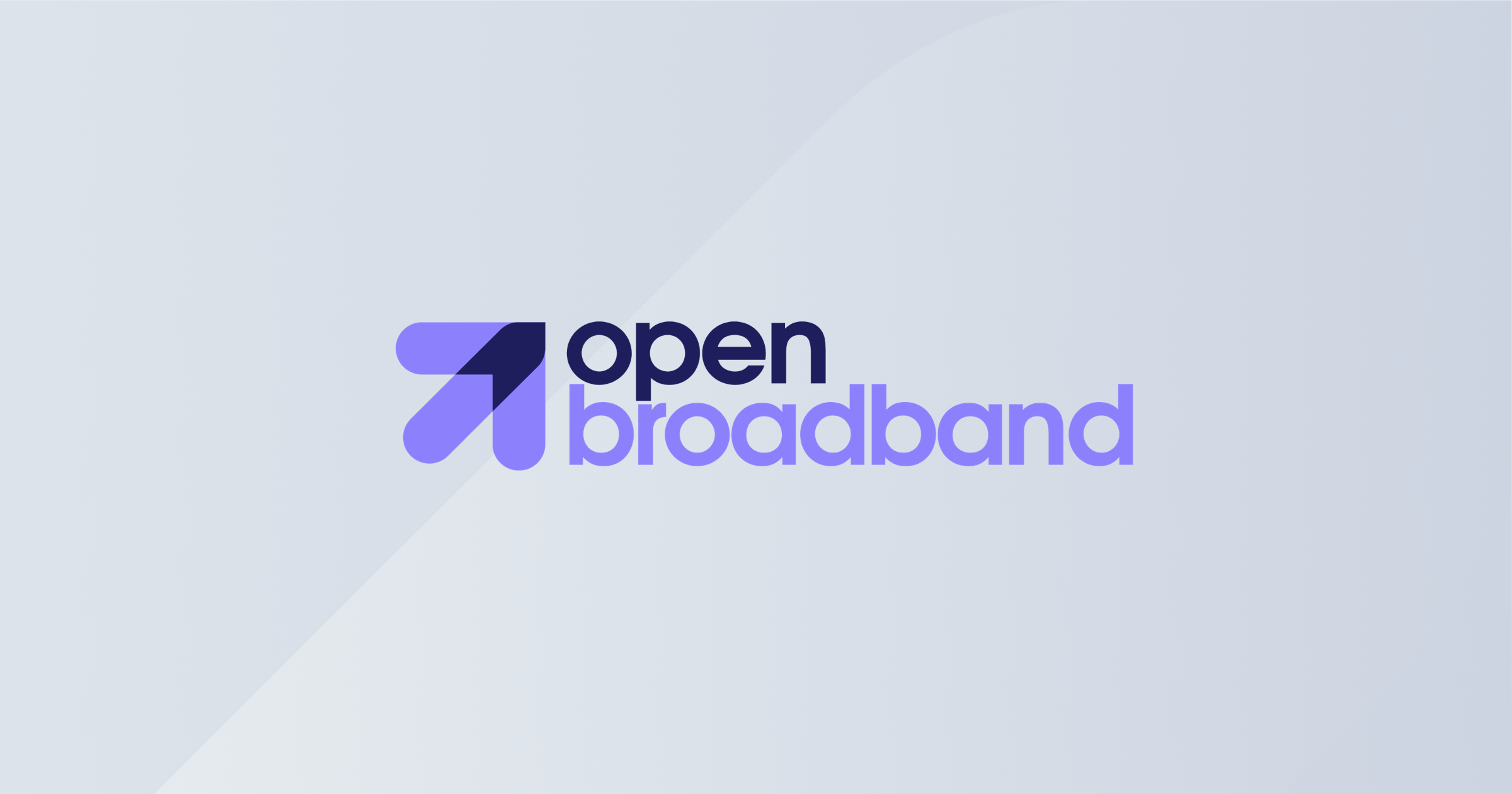The Open Broadband CloudCO Application Software Development Kit (OB-CAS) is aiming to make monitoring and maintenance easier for BSPs, enabling them to easily integrate applications into their access network management platforms. Alongside this, BSPs will have a greater selection of fit-for-purpose applications from a community of software vendors. The OB-CloudCO Application SDK team continues its journey in developing an open API framework through which applications can interact with an access domain controller. These applications typically consume and analyze network data for enhancing or automating service assurance.
OB-CAS efforts have recently focused on developing a prototype PON alarm correlation application which was demonstrated as part of the OB-CAS BBF innovation demo at Network X in Paris. A sandbox environment was created that leverages OB-BAA core as an access domain controller platform as well as OLT and ONU simulators.
Through the Opensearch API, the alarm correlator application can consume all alarms generated by the (simulated) network and reported through the controller, detecting correlated alarms with its correlation engine and topology input. Via Google Maps, a visualizer shows all current PON alarms and possible root cause based on the alarm correlation application output. Scripts that trigger alarms (such as a fiber or power cut) were used to drive the demo.
Moving forward, OB-CAS will add new APIs such as KAFKA, FluentD and Open TSDB in its SDK. Open TSDB is an efficient way to store a time-series of KPIs/metrics retrieved via telemetry from the network. The OB-CAS team has agreed to study and develop a fingerprint application which can detect anomalies in a running time-series of metrics without using pre-defined and/or manually set thresholds on the network elements.
Management and data analysis software application providers are invited to join the project to help shape the API requirements and test and grow the SDK to see how their applications can operate in a CloudCO environment.
To learn more about the OB-CAS project’s ongoing work, please see: https://wiki.broadband-forum.org/display/OBCAS/OB-CAS+Home.
